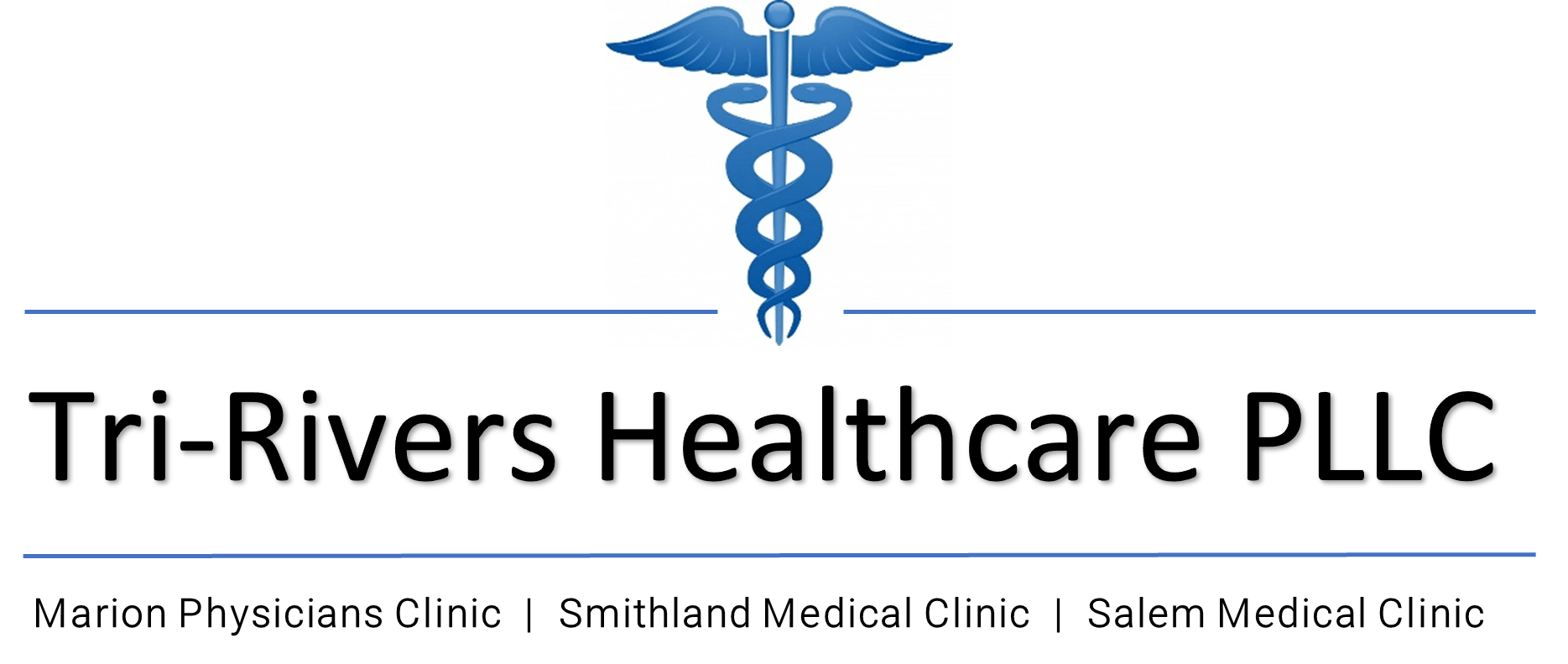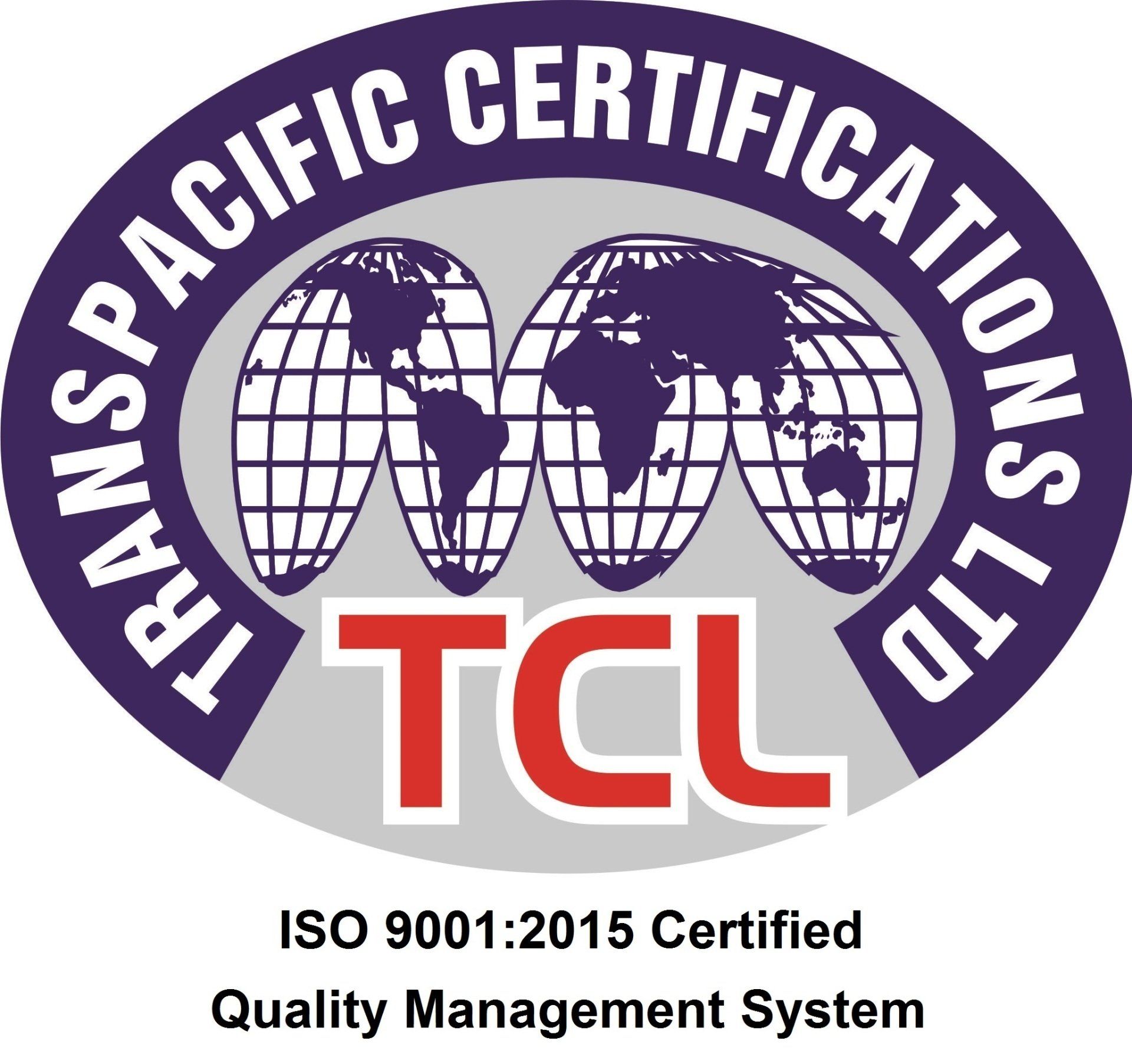Keeping Your Control Over Acid Reflux and GERD
If you have ever awakened with the bitter taste of bile in your mouth, you are quite familiar with the horrible symptoms of acid reflux and GERD. If it happens only infrequently, then you probably ignore it, but when it occurs several times a week, keeping your control over acid reflux and GERD should be a priority.
What Causes Acid Reflux and GERD?
Gastroesophageal reflux disease (GERD) is not simple heartburn that happens occasionally. It is due to a malfunction of the valve that is supposed to close once food reaches the stomach. GERD occurs when stomach acid flows back up into the esophagus and into the mouth, and is commonly noticed to be worse at night compared to during the day. This stomach acid can irritate the lining of the esophagus and without treatment can lead to other, more serious issues.
Controlling Acid Reflux Through Diet
You can help to control your nightly acid reflux by altering your diet and how you eat. Limit or completely avoid consuming fatty and fried foods. These types of foods actually relax the esophageal sphincter and cause reflux.
Choose instead lean cuts of meat, chicken, and fish. Grill or steam your food for low fat meals, or try some of the new air fryers on the market to eliminate fat entirely from cooking.
Eat smaller meals during the day instead of one big dinner in the evening. Be careful not to lie down after eating for at least 3 hours after a meal. Even a recliner can be problematic.
Know Your Own Food Triggers
Everyone is different, so certain foods may or may not trigger acid reflux and GERD depending on your unique case. Pay attention to what foods cause your symptoms.
Some common foods that trigger many people with GERD include tomatoes, citrus fruits and drinks like lemonade, chocolate, spicy foods, onions, and caffeine in coffee or carbonated drinks. Begin eliminating each of these foods from your diet and note if your symptoms improve.
Make Some Lifestyle Changes
There are some changes you can make immediately in your life to help prevent and address current symptoms of acid reflux, including:
- Stop smoking.
- Lose any extra weight to attain a healthy BMI. Ask Dr. Barnes to help you with a weight loss program to alleviate your acid reflux and GERD symptoms.
- Treat a hiatal hernia if you have one.
- Avoid tight clothing and belts around the waist.



